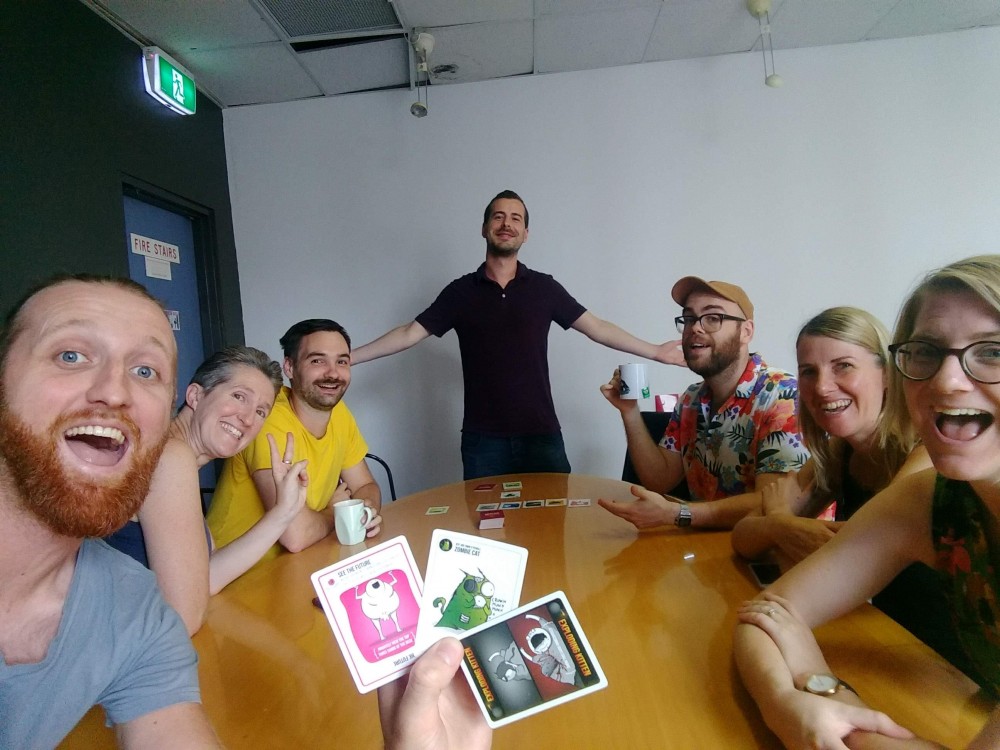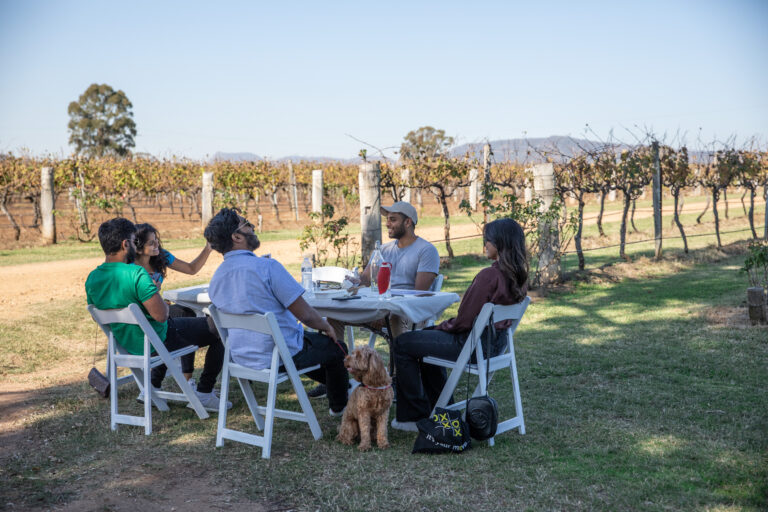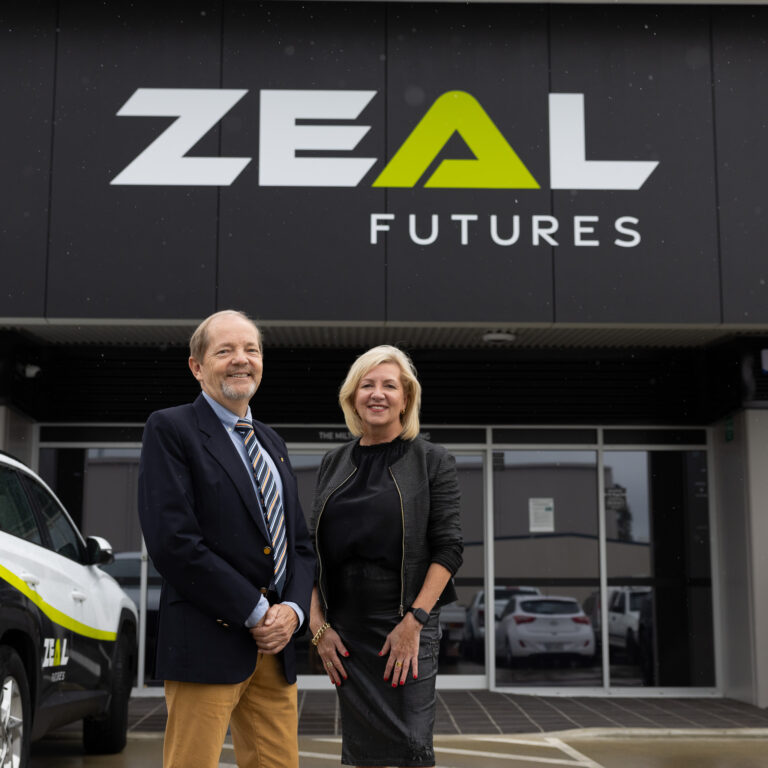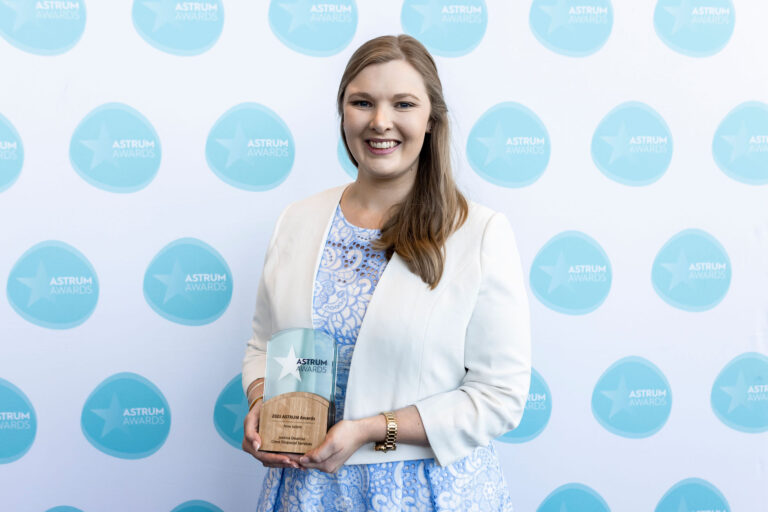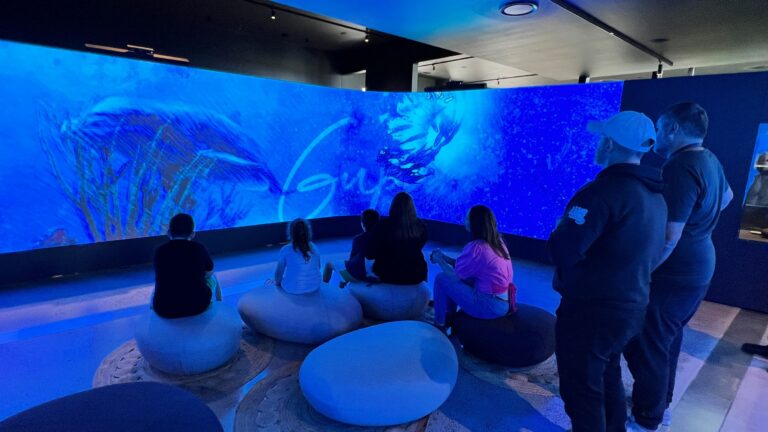When I decided to go full-time with my freelance ‘side hustle’, I thought I knew what I was doing. Hindsight is a wonderfully enlightening thing, and thus I am today able to say: I had no idea what I was doing.
Aside from several months working in communications, my professional upbringing had been wholly academic. I like to tell anyone who will listen that this means that I am very good at learning.
Unfortunately, one of the things I never learned was how to run my own business. I always described myself as ‘a writer’. While that’s not wholly inaccurate, it was a problematic little story I was telling myself: I was a writer and not a business owner.
After a few months of toiling away in my home office, wondering why all the clients had stopped nibbling (hint: it was no longer EOFY), staving off the paralysing fear that I might have jumped ship a little too early, I made a decision. I couldn’t sit at home on my own anymore: I needed to be around people.
I moved into a shared workspace so I would have people to eat lunch with, and so I could try and set up some sort of healthy work/life division. A year on though, and it’s only in hindsight (hello, again!) that I realise the advantages extended to my business as well.
I’m a science writer; essentially a professional cynic. When I read the stuff on The Roost’s website about mentorship, collaboration and support networks, I took it all with a hefty pinch of salt. I didn’t need any of that stuff! It wouldn’t be relevant to me – a writer! – anyway. I just needed a desk and some warm bodies.
Here’s what actually happened:
Not surprisingly, I picked up some healthy working habits. Being surrounded by other people chipping away at their workload is a lot more conducive to your own workload than sitting at home with unwashed dishes and dirty laundry vying for your attention.
- I learned how to deal with clients. I’m sure I would have learned this on my own eventually, but speaking to people with similar professional experiences to me reduced the number of painful lessons I had to learn on my own.
- I learned about the local lay of the land. I had a direct line to hundreds of potential projects, clients, collaborators, competitors, and other local businesses. Sure, I was still running my own show, but I had made friends with people who had my back and were happy to share important information and advice.
- I gained mentors. I didn’t realise that was what they were until I started to reflect on my year at The Roost, but it’s true. I had people I could confide in about my professional development, and who gave me tailored advice about my projects. I had people I could talk to about quotes, about feedback, about finances.
- I also became a mentor myself. Even though all I was doing was interacting with my colleagues, offering up advice and anecdotes when they felt relevant, what I was actually doing was contributing to my community. Being self-employed is empowering. It’s a way to build your own job, to integrate all of your passions into one position: your position. Though it’s always going to be a lonely gig, there are ways to make it easier.
One of those ways is to surround yourself with people experiencing similar challenges. It’s difficult to live in a culture and not be affected by it.

